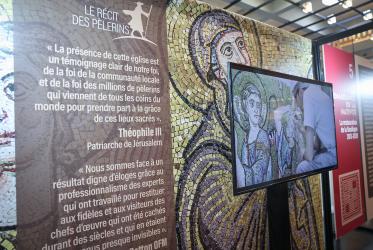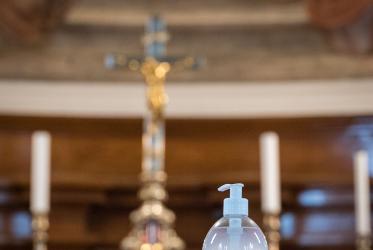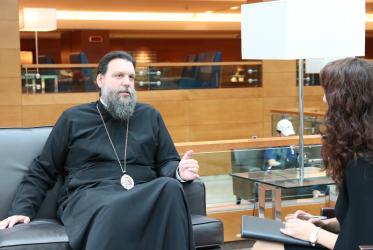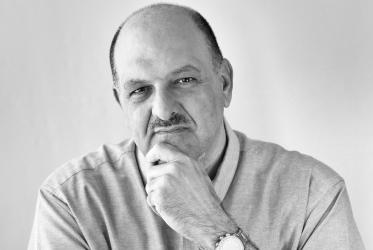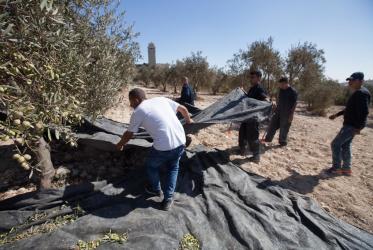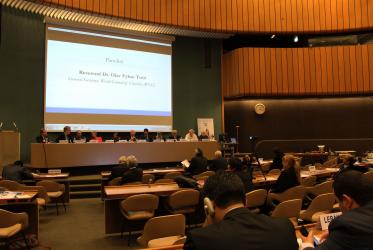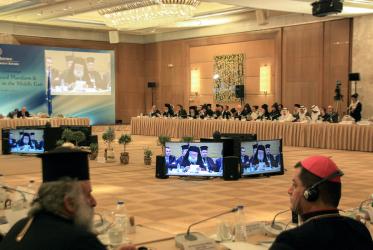Displaying 1 - 16 of 16
11 September 2023
Faces of Hope exhibition opens in UK
31 July 2018
Broken glass of hope grown out of rubble
16 July 2018
Holy Land tourism goes beyond traditional paths
05 October 2017
WCC students study what makes a peace communicator
18 July 2017
Islam and Christianity: finding the common ground
16 March 2017
Hielke Wolters: Apostle of mission strategies
01 August 2016
International conference addresses challenges in the Middle East
22 October 2015
Local and global work saves lives
22 October 2015
Walking to Emmaus in the Holy Land, and Sweden
12 May 2015
